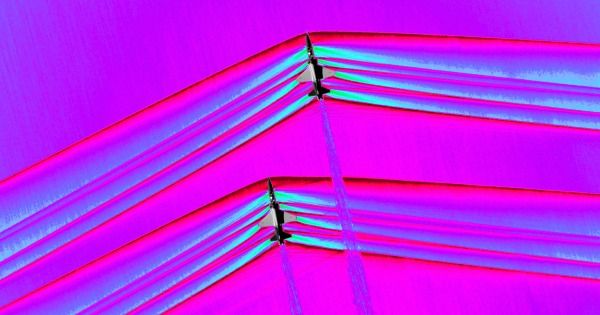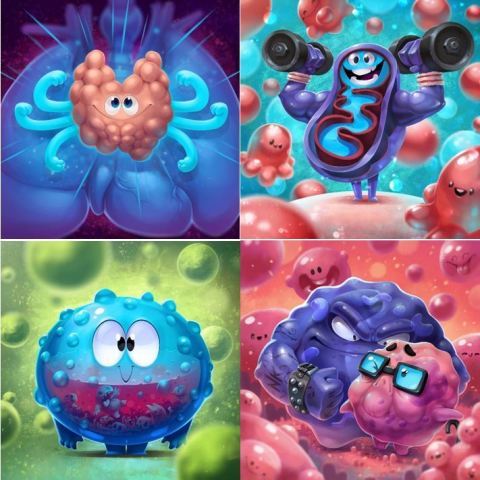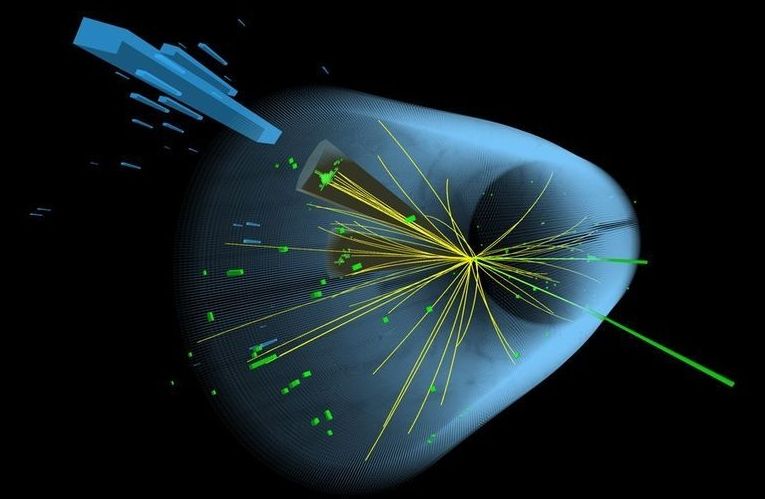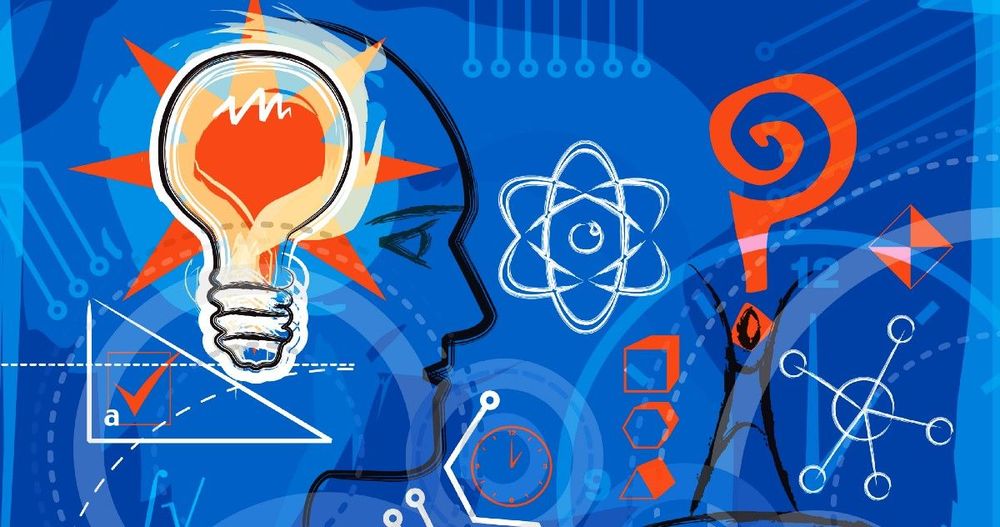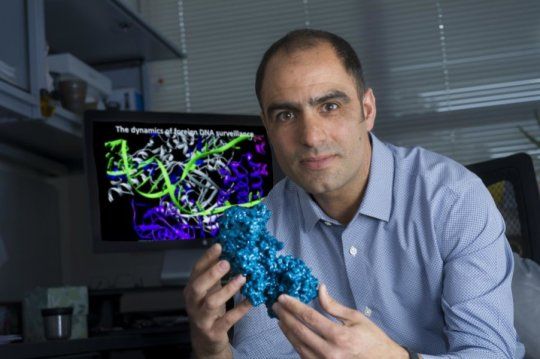Marine microorganisms in the Southern Ocean may find themselves in a deadly vise grip by century’s end as ocean acidification creates a shallower horizon for life, new University of Colorado Boulder research finds.
The modeling study, published today in the journal Nature Climate Change, forecasts that at current carbon dioxide emission rates, the depth at which some shelled organisms can survive will shrink from an average of 1,000 meters today to just 83 meters by the year 2100, a drastic reduction in viable habitat.
The steep drop, which could happen suddenly over a period as short as one year in localized areas, could impact marine food webs significantly and lead to cascading changes across ocean ecosystems, including disruptions of vital global fisheries.

